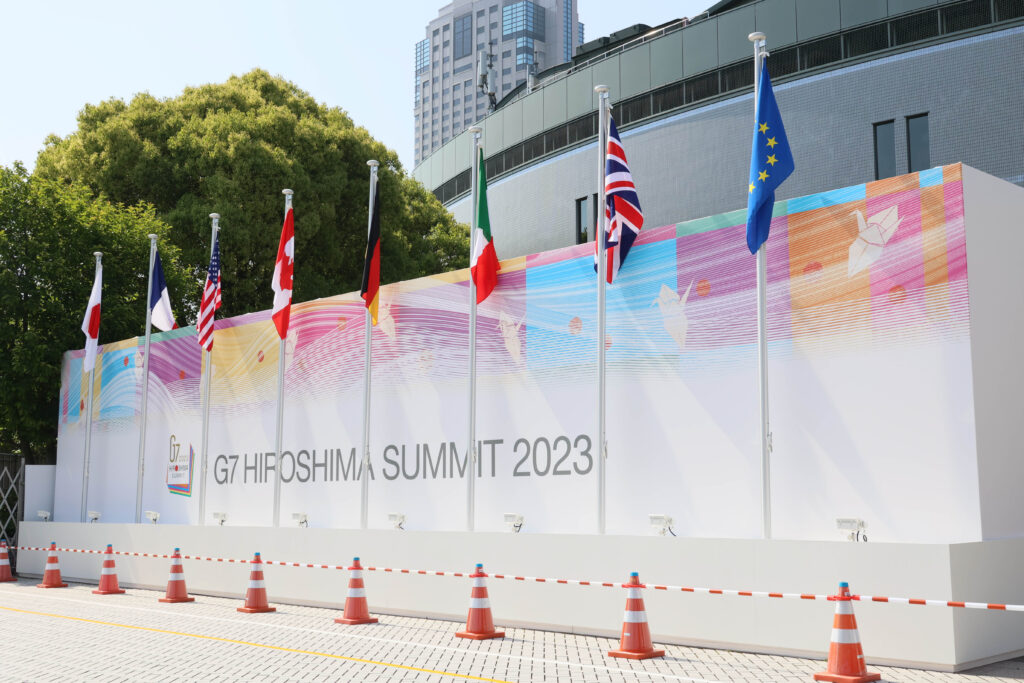G7 leaders highlight importance of sustainable biofuels to transport decarbonisation
Leaders of the world’s leading economic powers this week highlighted the need for sustainable biofuels to decarbonise transport by reducing GHG emissions from the global fleet of vehicles.
In a declaration issued 20 May during their summit in Hiroshima, Japan, the G7 leaders, including the EU’s Ursula von der Leyen and Charles Michel, reaffirmed their “commitment to a highly decarbonized road sector by 2030” and pledged “to promote associated infrastructure and sustainable carbon-neutral fuels including sustainable bio- and synthetic fuels.”
The statement also called for the goal of achieving “100 percent electrified vehicles in new passenger car sales by 2035” – a wording that could include hybrid cars as well as full battery electric vehicles.
This has already been seen as a clear signal to keep biofuels in the picture – especially in Europe, where the auto fleet will continue to include petrol and hybrid cars well beyond 2035, according to the latest industry data.
As Italian Environment Minister Gilberto Pichetto said in a report from news agency ANSA last month after a draft of the statement was agreed by G7 ministers, "we need to restart the dialogue with European countries in order to arrive at the best solutions with certain scientific data” about biofuels, which “contribute to a strong decarbonisation of the automotive sector.”
As ePURE Director General David Carpintero put it, “Europe still needs more than one solution to achieve meaningful transport de-fossilisation. Even in the future, the EU should take advantage of important synergies between renewable fuels and synthetic fuels delivering emissions reductions in the cars that Europeans will continue to drive for many years to come.”
